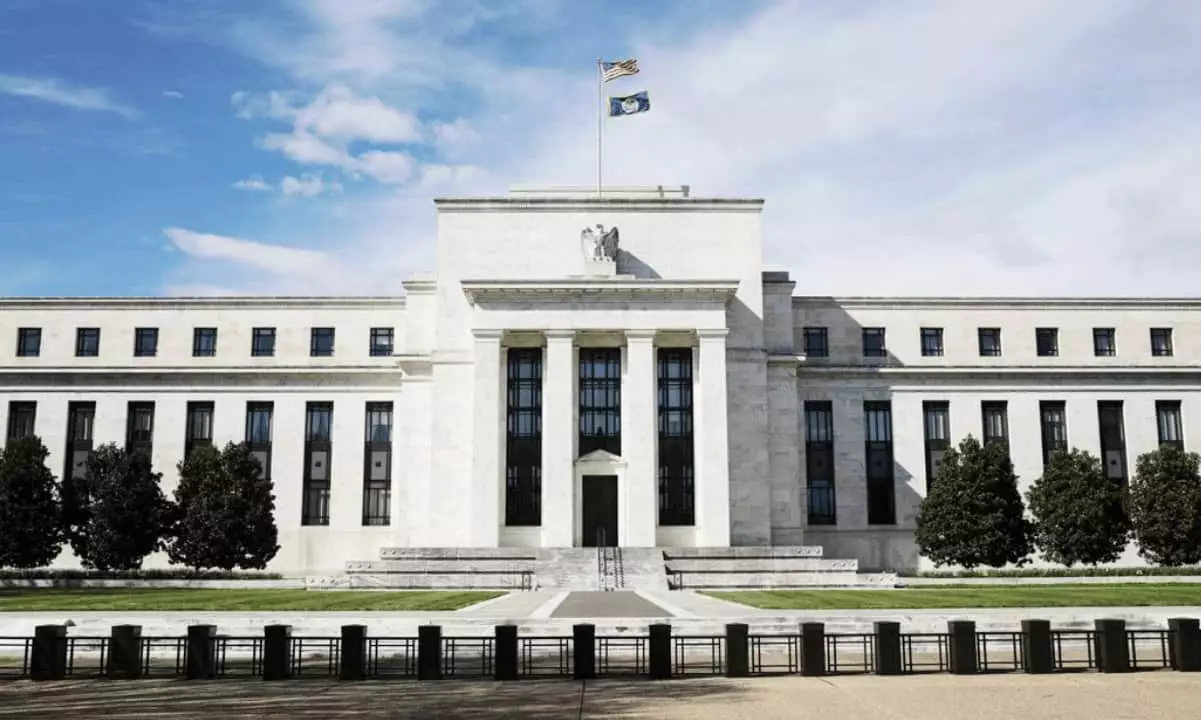The recent announcement of Michael Barr’s resignation from the position of Vice-Chair for Supervision at the U.S. Federal Reserve marks a significant moment in the evolving dialogue surrounding banking regulations, particularly in relation to the burgeoning cryptocurrency industry. As Barr steps down just ahead of a new administration under President-elect Donald Trump, questions abound regarding the implications of his departure on U.S. financial governance and digital asset regulation.
Barr’s tenure at the Federal Reserve began in July 2022, a time when the need for stringent oversight within the banking sector was paramount, following the shadows cast by the 2008 Global Financial Crisis. The role of Vice Chair for Supervision was established with the aim of enhancing transparency and accountability within the Fed’s regulatory framework. However, Barr’s approach, especially regarding digital assets, has raised eyebrows among many, positioning him as a polarizing figure in financial policy circles.
Michael Barr’s ideology surrounding cryptocurrency has often been perceived as stringent. Notably, he advocated for the Federal Reserve to exercise greater authority over digital asset issuers, reflecting a cautious stance towards the burgeoning crypto market. His assertions that the monetary authority would view banks holding crypto-assets directly as “unsafe and unsound” have drawn significant criticism from industry advocates who argue that such views stifle innovation and limit potential engagements between traditional banks and digital currencies.
The concerns voiced by lawmakers and crypto industry leaders underscore a broader narrative about the tension between regulatory frameworks and emerging technologies. Recent revelations related to internal FDIC documents have intensified these discussions, suggesting an organized effort to impede banks’ involvement with cryptocurrency activities, including basic infrastructure like transaction processing and secure custody services for digital investments. Critics, including Congressman Zach Nunn, have not been shy about confronting regulators like Barr, accusing them of leading an “anti-crypto crusade” that marginalizes the U.S. in the global digital asset arena.
The implications of Barr’s resignation are underscored by comments from supportive lawmakers such as Wyoming Senator Cynthia Lummis, who criticized Barr’s tenure for allegedly undermining the digital asset sector in her state. Her accusations of Barr illegally expanding his power in a way that negatively impacted Wyoming’s budding crypto market is emblematic of the frustrations felt by pro-crypto politicians. Such sentiments signal a yearning for a regulatory environment more conducive to fostering innovation within the financial technology landscape.
As the political winds shift with Trump’s upcoming presidency, Barr’s exit is indicative of a larger trend wherein key regulators perceived as hostile towards cryptocurrency are being replaced. Notably, Gary Gensler’s recent departure from the Securities and Exchange Commission has left significant room for a potential relaxation of regulations, inviting speculation about a new trajectory for digital asset legislation in the U.S.
Advocates for cryptocurrency see this moment as an opportunity for a fresh start, one where regulatory frameworks can be better aligned with the realities of a rapidly evolving financial ecosystem. With Trump’s administration signaling a pro-crypto stance, it remains to be seen how these changes will manifest in policy shifts, particularly regarding banks’ ability to engage with cryptocurrencies directly.
The Broader Consequences for U.S. Economic Growth
The back-and-forth surrounding the regulation of cryptocurrencies is not merely an abstract debate; it has tangible consequences for economic growth and technological advancement in the U.S. A regulatory environment that encourages or hinders crypto engagement can directly impact investment in this sector, influencing everything from job creation to technological development.
The resignation of Michael Barr could catalyze a pivot towards a more favorable framework, one that perhaps finally reconciles traditional banking practices with innovative financial technologies. Advocates hope that with the right leadership and vision, the U.S. can reclaim its position as a leading player in the global digital asset marketplace, harnessing the potential of cryptocurrencies and blockchain technologies to stimulate economic growth.
Michael Barr’s resignation not only closes a chapter in the oversight of U.S. banking but opens a discussion about the future trajectory of crypto regulations under an incoming administration eager to embrace digital innovation. The unfolding narrative of U.S. financial regulation in relation to cryptocurrency remains one to watch closely.


Leave a Reply